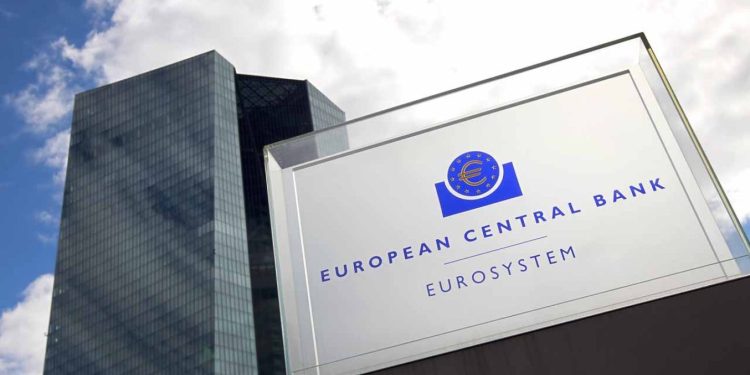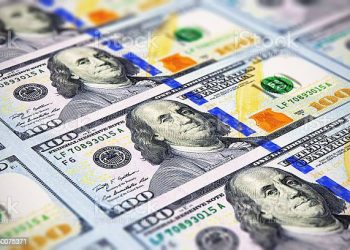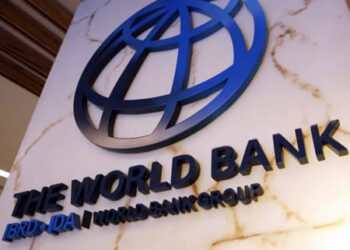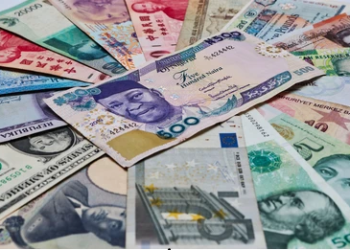The European Central Bank (ECB) is expected to maintain its record-high interest rates in the face of economic challenges and mounting pressure for policy easing. Despite concerns about sluggish economic growth and a rapid slowdown in inflation, the ECB remains resolute in its stance against aggressive policy changes.
The ECB concluded its rapid rate-hiking cycle in September but is cautious about discussing a reversal, emphasizing the need to fully address lingering price pressures and ongoing wage negotiations. Investors, however, are skeptical and anticipate the ECB to reconsider its stance in the near future.
Market expectations suggest a potential shift in the ECB’s policy, with investors betting on rate cuts in the coming months. The central bank, however, has downplayed such speculations, emphasizing a prolonged plateau in interest rates. ECB President Christine Lagarde is expected to underscore the strength of underlying price pressures, particularly in services, and highlight existing risks, such as pending wage settlements and geopolitical tensions.
While investors predict rate cuts as early as April or June, the ECB is likely to maintain its current stance, awaiting further clarity on economic indicators. The central bank has highlighted the significance of first-quarter wage settlements, suggesting that decisions regarding interest rates could be made after May.
Financial markets currently anticipate 127 basis points of rate cuts in 2024, reflecting a change in sentiment over the past two weeks. The ECB’s policy decision will be announced at 1315 GMT, followed by a press conference by President Christine Lagarde at 1345 GMT.
The discrepancy in expectations is rooted in differing outlooks on economic growth and the impact of previous rate hikes. The ECB envisions a recovery driven by household and government spending, while economic data points towards a more challenging scenario, with manufacturing in recession and services cooling.
The euro zone likely experienced a recession in the last quarter, marking the sixth consecutive quarter of flat or negative growth. The ECB’s projection that inflation will not return to its 2% target until 2025 is met with skepticism. Some economists argue that inflation rates could fall to 2% before the middle of this year, prompting concerns about rising real interest rates and potential policy tightening during a recession.
Deutsche Bank economists anticipate an earlier decline in inflation rates, raising the risk of a genuine shock to the labor market and an outright recession. Critics argue that the ECB’s insistence on more evidence of disinflation increases the likelihood of a policy error, with concerns that the central bank might be too cautious in responding to economic challenges.











